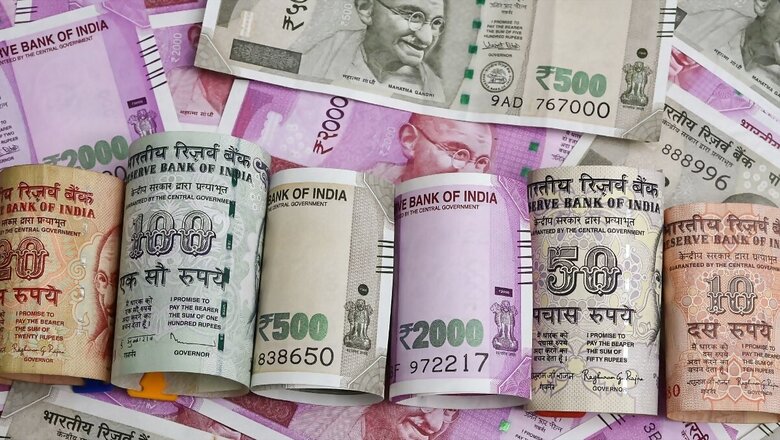
views
God or nature endows us with resources; we transform them into wealth. ‘We’, in this context, denotes individuals. But when the government decides to do that itself, the consequences are deplorable. I will explain this by narrating my experience during a leisure trip to a resort near Delhi which is run by that state’s tourism department.
I don’t want to identify the place—which anyway doesn’t appear very prominently on the tourist map—because I want to make the bigger point, not settle the score with the guys who run the resort. I will start with the best aspect of the hotel: it has the best location. Which is understandable, because the government can easily find such a location for itself.
As we approached the resort, we found it shrouded in darkness. The lobby was deserted, save an elderly man and a young man, who seemed junior to the former. They did their best to dissuade us from renting a room there. “Electricity is a big issue here. There are frequent power cuts. And we start the generator only if the power cut is for more than an hour,” the older man said.
“Why?” we asked him.
“It’s not affordable to start the generator as most rooms are unoccupied,” he informed us.
“Are power cuts very long?”
“Who can say anything about that?”
Both men strongly recommended a private resort nearby “which has all the amenities and facilities.”
“But this one has the best location. Isn’t it?” I asked them.
That’s correct, both agreed with me.
Although we were slightly apprehensive about staying there, we finally decided in its favor.
The two men became generous; they told us that they would give a room connected with the inverter.
Modestly priced, it gave us an excellent view of the lake which is the focal point of this touristy place. Also, it was nicely decorated. However, I can’t say many nice things about the maintenance—a refrigerator not connected to the switchboard, broken knobs of drawers, non-functional exhaust fan in the bathroom, leaking air-conditioner. On top of that, the food was atrocious.
With better management and slight improvement in the access to the resort, it could be a money-spinner because of its location. A smart hotelier can uplift not just the property but also the entire area; it can be a boon not just for the resort owner but also the local economy.
A large number of getaways have sprouted in Delhi-NCR in the last few decades. This is not surprising, as economic reforms have brought in unprecedented prosperity. People have much more expendable money in their pockets than they ever had before. Plush hotels, fine dining, and getaway tourism are no longer the preserves and prerogatives of the rich; more and more middle class people are indulging themselves.
In such a socio-economic milieu, had our resort been privately owned, it would have generated a great deal of wealth for the owner, the employees, and locals. But the state government owns it; and government means politicians and bureaucrats.
Our leaders are interested in winning elections by any means, most of which—freebies, caste calculus and quotas, emotive issues, et al—are antithetical to economic growth and development. What excite them are issues like caste census and changing the names of cities; making state-run hotels efficient doesn’t even figure on their agenda. Bureaucrats, on their part, are keen to please their political masters so that they could get plum postings.
Everyone knows that the government is cursed with the anti-Midas touch: whatever it touches turns into trash. And during the dark pre-liberalization ages, it touched everything—from steel and textiles to hotels.
Unfortunately, socialist thinking is still quite pervasive. If the state government decides to sell off the resort I mentioned, the move will be criticised by the Opposition—whichever party it may be. The decision will also be opposed by intellectuals, who are usually pinkish, and professional revolutionaries, who are against anything that is commonsensical and rational.
Their allegations can also be anticipated: ‘the government is selling family silver to pay the grocer’s bill’; ‘the hapless employees will be at the mercy of a rapacious hotelier’; ‘the environment will be degraded by merciless profiteers’; and long goes the list of imaginary woes. A local movement can be started by publicity-seeking activists. All efforts will be made to stop the privatization of a property.
Such is the lamentable legacy of socialism. In the pre-liberalisation era, governments not only stalled economic development and progress but also spawned an intellectual ecosystem and a folklore that perpetuated stagnation.
There is a famous ghazal by Hafeez Hoshiarpuri, beautifully sung by Mehdi Hasan, ‘Mohabbat karne waale kam no honge…’ It has a couplet: Agar tu ittefaqan mil bhee jaye/teri furkat ke sadme kam na honge (Even if by chance we are brought together/The traumas of separation would never be overcome).
The traumas of socialism continue to haunt India. We fail to create wealth from the resources we have been endowed with.
The author is a freelance journalist. Views expressed in the above piece are personal and solely those of the authors. They do not necessarily reflect News18’s views.












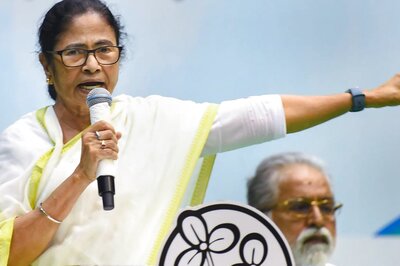
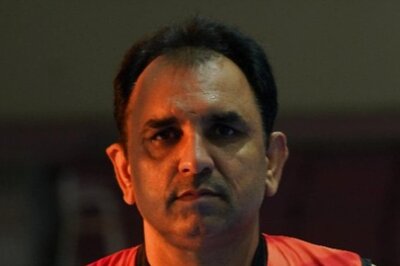



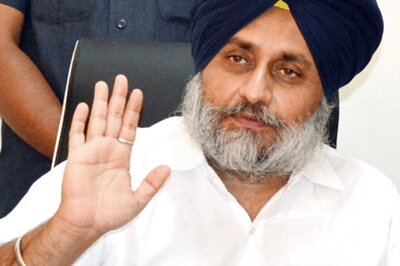
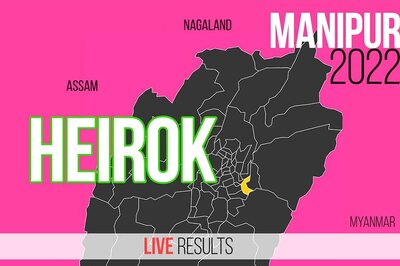

Comments
0 comment